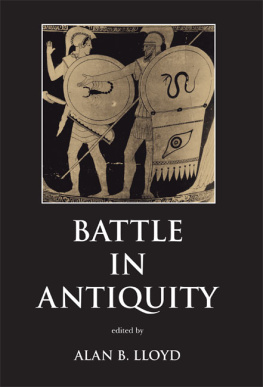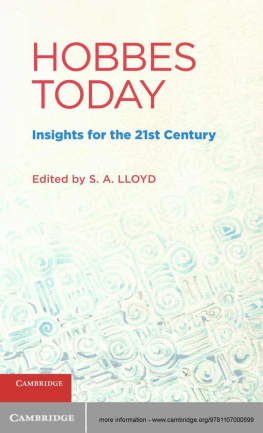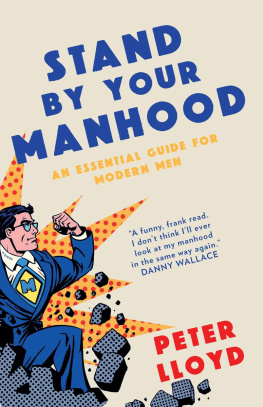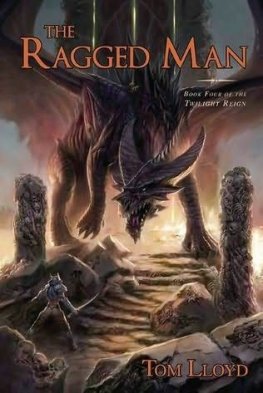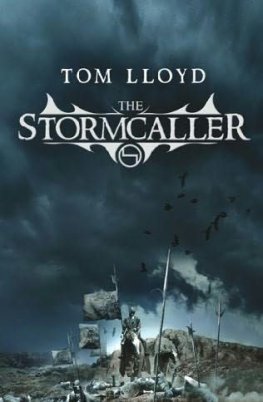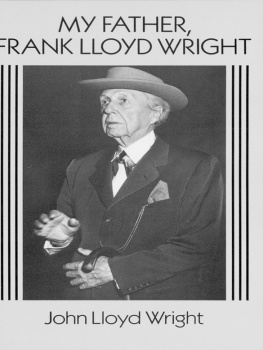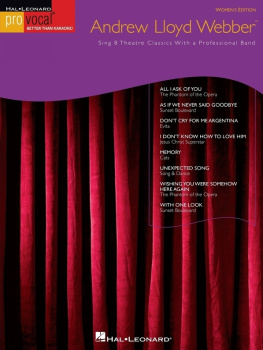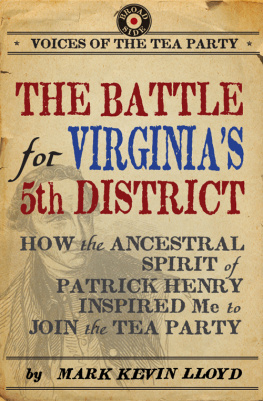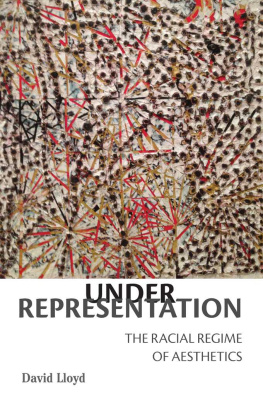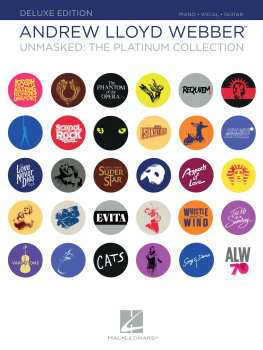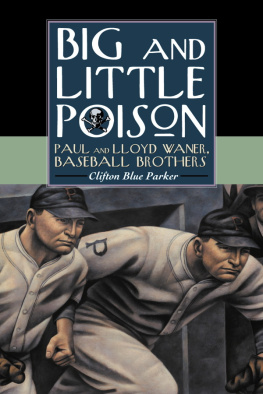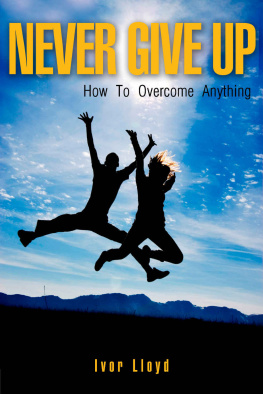Lloyd - Battle in Antiquity
Here you can read online Lloyd - Battle in Antiquity full text of the book (entire story) in english for free. Download pdf and epub, get meaning, cover and reviews about this ebook. year: 2009, publisher: Classical Press of Wales, genre: History. Description of the work, (preface) as well as reviews are available. Best literature library LitArk.com created for fans of good reading and offers a wide selection of genres:
Romance novel
Science fiction
Adventure
Detective
Science
History
Home and family
Prose
Art
Politics
Computer
Non-fiction
Religion
Business
Children
Humor
Choose a favorite category and find really read worthwhile books. Enjoy immersion in the world of imagination, feel the emotions of the characters or learn something new for yourself, make an fascinating discovery.
Battle in Antiquity: summary, description and annotation
We offer to read an annotation, description, summary or preface (depends on what the author of the book "Battle in Antiquity" wrote himself). If you haven't found the necessary information about the book — write in the comments, we will try to find it.
Lloyd: author's other books
Who wrote Battle in Antiquity? Find out the surname, the name of the author of the book and a list of all author's works by series.
Battle in Antiquity — read online for free the complete book (whole text) full work
Below is the text of the book, divided by pages. System saving the place of the last page read, allows you to conveniently read the book "Battle in Antiquity" online for free, without having to search again every time where you left off. Put a bookmark, and you can go to the page where you finished reading at any time.
Font size:
Interval:
Bookmark:


First published in hardback in 1996
This paperback edition 2009
The Classical Press of Wales
15 Rosehill Terrace, Swansea SA1 6JN
Tel: +44 (0)1792 458397
Fax: +44 (0)1792 464067
www.classicalpressofwales.co.uk
Distributor
Oxbow Books,
10 Hythe Bridge Street,
Oxford OX1 2EW
Tel: +44 (0)1865 241249
Fax: +44 (0)1865 794449
Distributor in the United States of America
The David Brown Book Co.
PO Box 511, Oakville, CT 06779
Tel: +1 (860) 9459329
Fax: +1 (860) 9459468
2009 The contributors
All rights reserved. No part of this publication may be reproduced, stored in
a retrieval system, or transmitted, in any form or by any means, electronic,
mechanical, photocopying, recording or otherwise, without the prior permission
of the publisher.
ISBN 9781905125272
A catalogue record for this book is available from the British Library
1. Heroes, Knights and Nutters: Warrior Mentality in Homer
Hans van Wees (University College London)
2. Hoplite Warfare in Ancient Greece
Stephen Mitchell (University of Wales Swansea)
3. Homosexuality and Warfare in Ancient Greece
Daniel Ogden (University of Wales Swansea)
4. Philip II and Alexander the Great: the Moulding of Macedons Army
Alan B. Lloyd (University of Wales Swansea)
5. Morale and the Roman Experience of Battle
A.D. Lee (University of Wales Lampeter)
6. The Roman Army and Morality in War
Catherine M. Gilliver (University of Wales Cardiff)
7. Battle in Ancient Egypt: the Triumph of Horus or
the Cutting Edge of the Temple Economy?
Ian Shaw (University College London)
This volume has its origins in a day-school entitled Battle in Antiquity run by the Department of Classics and Ancient History at the University of Wales Swansea on April 24, 1993, under the auspices of the University of Wales Institute of Classics and Ancient History and Swanseas Department of Adult Continuing Education. The rationale behind this day-school lay in a seminal work of John Keegan entitled The Face of Battle. A Study of Agincourt, Waterloo and the Somme, published in 1976, which provided a highly original and penetrating analysis of the ways in which men confront the problems and trauma of battle and succeed or fail in such confrontations. Under Keegans influence Victor Hanson has already produced distinguished work which analyses the evidence of the ancient Greek experience of battle, and the Swansea conference was concerned to carry this research forward either by further enquiry in areas covered by Hanson himself or by broadening the time-range to which the method was applied. Given this brief, the speakers covered Homeric battle and hoplite warfare but also extended the analysis to include Ancient Egypt, Hellenistic warfare, and the Roman battle experience, focusing on the factors which determined who won and who lost in ancient warfare. This involved investigating in varying degrees such issues as technology, the workings of morale, ideology of warfare, professional versus amateur, mechanisms for bonding fighting men into effective military units, and the ways in which such matters affected the outcome of military action.
The success of the day-school suggested that a volume should be produced which encapsulated the results of this research, and most of the papers published here have sprung from lectures delivered on that occasion, though the intervening time has inevitably seen modifications both in thought and points of emphasis. However, we have been particularly fortunate in that the day-school stimulated two other scholars in the University of Wales to offer studies in areas directly germane to the aims of the conference, and the result has been the addition of the papers of Dr Daniel Ogden (Swansea) and Dr Catherine Gilliver (Cardiff).
Most of the papers published here deal with a comprehensive range of issues raised by the evidence of ancient battle at particular periods. Those of Hans van Wees and Lloyd are in-depth analyses of the image of battle projected by Homer and the historians of Philip and Alexander respectively and apply in detail the perspectives gained from reading Keegan and Richard Holmes Firing Line (1985) in elucidating the psychology of battle. Not the least intriguing of van Weess results is that Homeric warrior mentality is neither particularly heroic nor particularly primitive. He finds it as easy to find counterparts of much of the modern battle experience in Homer as Lloyd does in his Hellenistic and Roman sources on the creation of the Macedonian Empire. Lee casts a similarly wide net in dealing with the Roman army over an unusually generous time-range and emerges with a rich crop of points of contact with modern research. Mitchells canvas is rather less broad. He is rightly concerned to derive fundamental aspects of hoplite warfare from its socio-political origins but in developing this point is able to isolate illuminating evidence of the psychological motivation of the hoplite soldier which lay pre-eminently in the imperative to show courage and solidarity in a common cause. In dealing with battle in pharaonic times Ian Shaw is forced to grapple with major source problems, but he succeeds in defining incentives to battle which are sometimes entirely of a piece with the results yielded by other papers but which stand apart in the very low priority placed on honour, glory, and heroism as part of the soldiers psychological apparatus. Ogden and Gilliver take a different path and concentrate on one specific topic: the former investigates the evidence for the effects of homosexual relationships in the context of battle whilst Gilliver analyses how the concept of rules of war affected Roman military behaviour. However, whether the essays deal with one theme or many, they constitute in toto the most comprehensive attempt yet made to elucidate ancient responses to the experience of battle.
As editor of this volume I have been unusually fortunate in my contributors and collaborators. I must thank all authors both for the quality of their work and the exemplary speed with which it was delivered. I should also like to express my deep gratitude to Dr Anton Powell, Secretary of the University of Wales Institute of Classics and Ancient History, for taking on the burden of copy-editing and seeing the volume through the press.
| Department of Classics and Ancient History | A.B. Lloyd |
| University of Wales Swansea |
Hans van Wees
An egotistical pursuit of personal glory is generally regarded as characteristic of so-called primitive warriors. A modern soldier may have hopes of a medal, and small dreams of fame, like Philip Caputo who on the eve of his first operation in Vietnam fondly imagined making the local papers back home (A Chicago-area marine has been awarded the Silver Star), but such incentives are marginal to his motivation. His main concern is to do what he sees as a job he is paid to do, defending his country while protecting his comrades and trying not to get himself killed. The soldier, moreover, is supposed to do his job efficiently and in a disciplined manner, whereas the warrior who lives and dies for fame is believed to be prone to irrational behaviour, ranging from practising war magic to cannibalism, and from ritualized duelling to running amok.
Font size:
Interval:
Bookmark:
Similar books «Battle in Antiquity»
Look at similar books to Battle in Antiquity. We have selected literature similar in name and meaning in the hope of providing readers with more options to find new, interesting, not yet read works.
Discussion, reviews of the book Battle in Antiquity and just readers' own opinions. Leave your comments, write what you think about the work, its meaning or the main characters. Specify what exactly you liked and what you didn't like, and why you think so.

